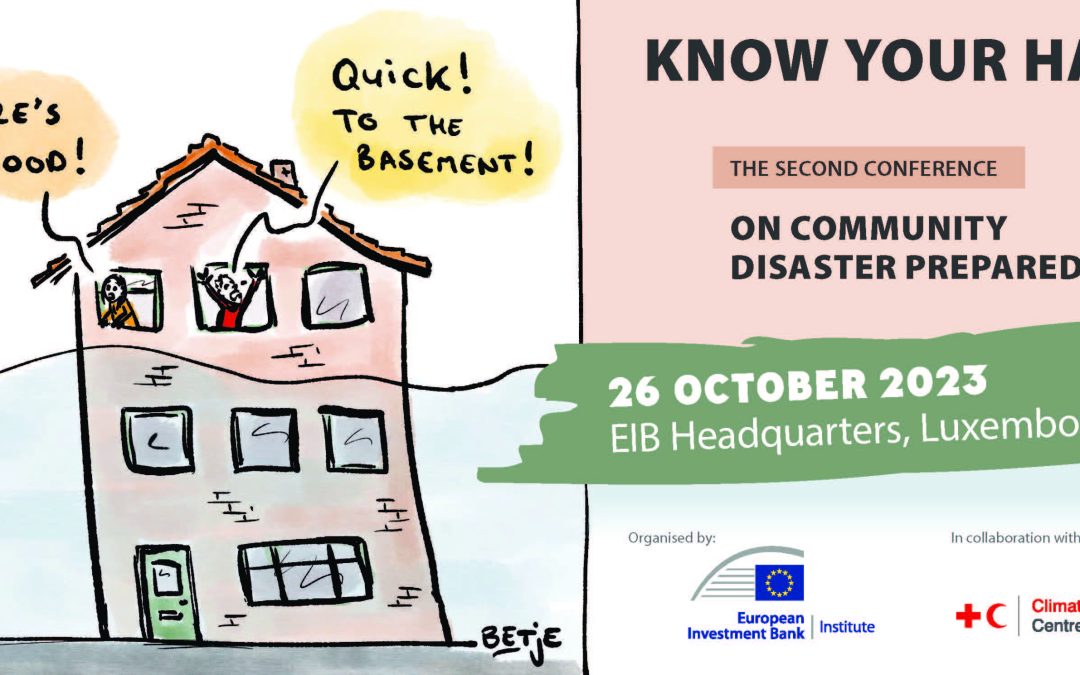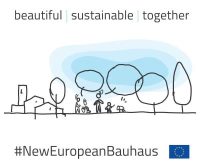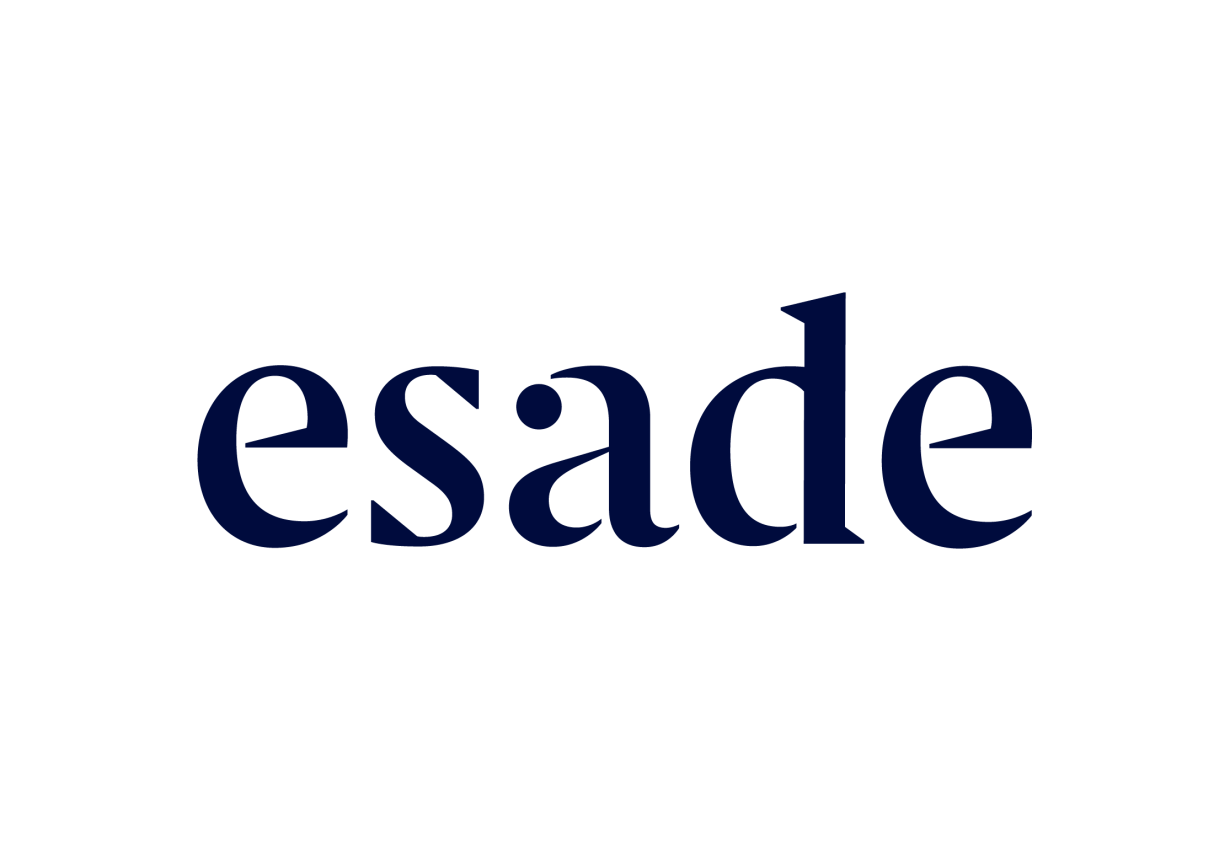“A gram of prevention is worth a kilo of trauma averted” said Dr. Paul Conti, one of the keynote speakers at Know Your Hazard, the second European conference on community disaster preparedness organised by the EIB Institute at the EIB in Luxembourg.
Climate change is causing an increase in extreme weather events, like floods, wildfires and storms and we need to learn to think differently to prepare better for natural hazards and their aftermath, said all participants.
“When disaster strikes, people generally do not know what to do. And yet, for a time at least, they are likely to be on their own, while governments or other authorities scramble to mobilise help…This conference is about helping people to negotiate those first moments – and the aftermath – safely”, said EIB Vice-President Felix Mourinho in his opening speech.
“The EIB Institute would like to place itself as a thought leader in this very important area of climate adaptation: human disaster preparedness. We are already working on a pilot project to teach youth how to best respond to natural hazards.” added Shiva Dustdar, Director and Dean of the Institute.
The EIB Adaptation Plan, supporting projects, among others, to reduce the risk of floods, develop resilient cities and increase afforestation, supports the objectives of the EU Adaptation Strategy inside and outside the EU.
The EIB pledges to increase the share of adaptation support to 15% of the Bank’s overall finance for climate action by 2025. This represents an almost three-fold increase, compared to adaptation finance over the past five years.
Adaptation is key as disasters have become more common even in until now rarely affected countries. “The tornado that hit part of Luxembourg in 2019 and caused €100 million in damages would have been unthinkable ten years ago”, said Marc Lauer, CEO, Foyer Luxembourg to an attentive audience. This, said Professor Nicholas Barr (LSE), forces insurance companies to adapt not only to risk, which is can be measured, but also to uncertainty and the challenges that hazard-related events can cause.
But insurance, warned Orit Tykocinski, professor of insurance psychology at Reichman University, Tel-Aviv, should not be “the talisman of modern society” and become “like the religions of primitive peoples who believe they can ward off evil by all kinds of manipulations.”
In preparing and adapting to climate change, all actors have a role to play: ; insurance companies can work together with international organisations on a global warning system to increase prevention, adaptation and mitigation and reduce uncertainties; architects and urban planners can help map the climate vulnerabilities of cities and design – in close consultation with the population- disaster-resilient, energy-efficient buildings with rain water retention systems and shading structures; and the EU, the EIB and other multilateral institutions in spear heading and supporting these efforts.
Adapting to climate change will be difficult but knowing how to respond and help others when disaster strikes will not only boost morale in difficult times but help create better connected communities who are more resilient in front of such events, concluded Lucie Ozanne, University of Canterbury (New Zealand).





